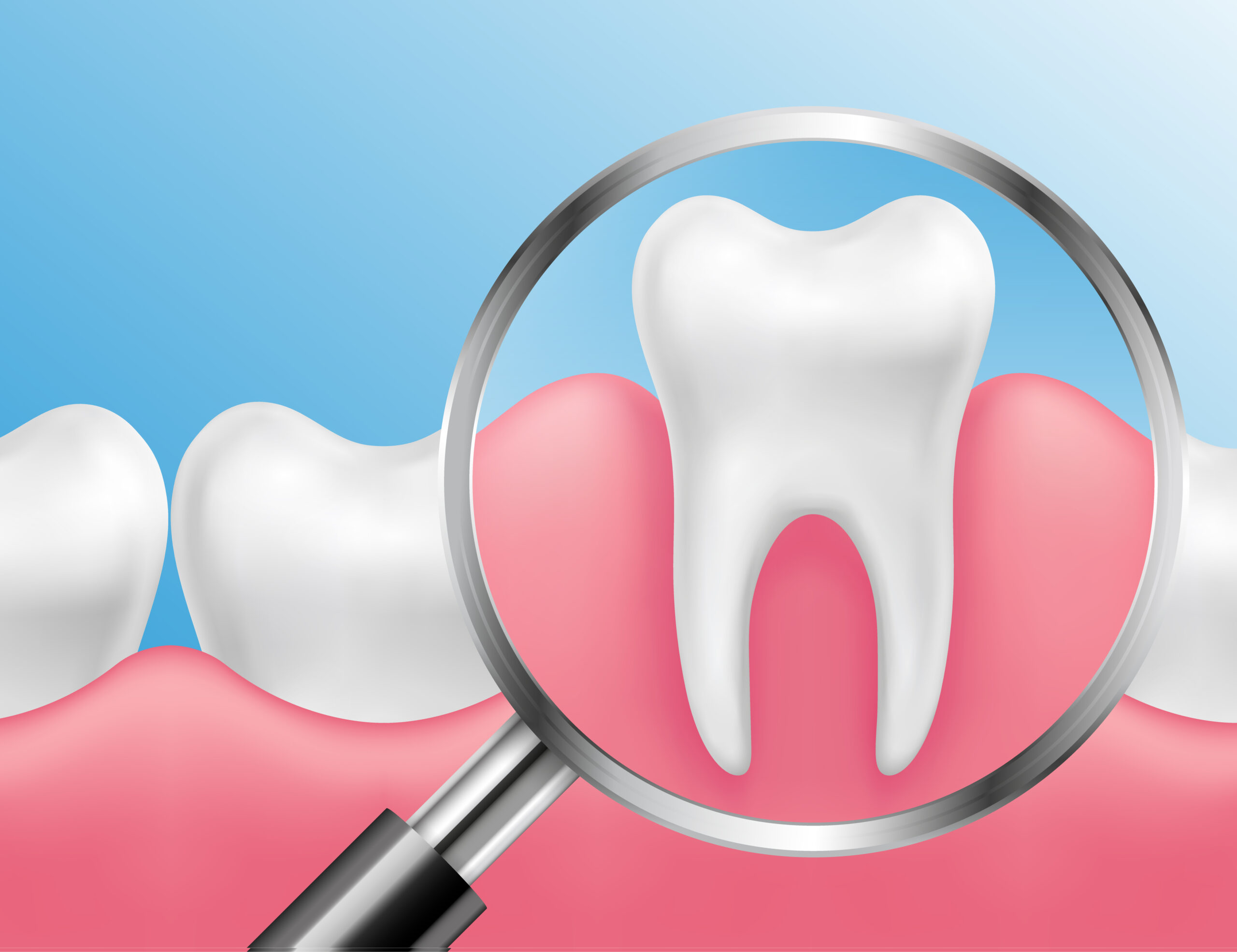You hear how vital it is to brush your teeth and how having healthy teeth is a goal for all of us. With all of the hoopla about teeth and bones, it’s easy to overlook the simple gums, whose main purpose is to keep our teeth securely in place, protect them from the environment, and keep our whole mouth nourished and healthy. In brief, healthy gums are required for healthy teeth and a healthy body.
What is Gum Disease?
Gum disease is caused by two factors: the presence of bacteria in the mouth, and areas for the bacteria to collect and remain. Bacteria commonly congregate on buildup around and beneath the gum line. This accumulation produces inflammation and discomfort, prompting the body’s immunological response. Gingivitis is the mildest kind of gum (periodontal) disease. If left untreated, the disease can lead to the formation of periodontal “pockets,” or regions where germs can accumulate further than the gum line. Gingivitis can proceed to periodontitis, a condition in which germs, inflammation, and the body’s ongoing reaction damage down the link between the gums and the teeth.
Gum Disease Effects On The Body
Gum disease may have a significant influence on other body systems and has been linked to various serious health disorders or can exacerbate some pre-existing illnesses. When the body is fighting inflammation and infection in another part of the body, such as the mouth, its capacity to combat illnesses like COPD or bronchitis may be hindered or hampered. Age, heredity, smoking habits, diabetes present, and other variables have all been linked to gum disease, as well as heart disease and stroke risk, according to research. More research is being conducted to look at a possible link between the type of bacteria and chronic inflammation that occurs in the mouth and bacteria that collect in the arteries and cause certain types of heart disease. According to the findings of a recent study, women with active gum disease take two to three months longer to conceive than women without gum disease. Fertility experts and IVF (in-vitro fertilization) clinics sometimes ask women who are trying to conceive or undergoing IVF to demonstrate that they do not have, or are actively treating gum disease. Approximately 40% of pregnant women get gum disease at some time. Pregnancy-related gum disease will often resolve on its own with extra care and supervision from a dentist. Pregnant women with active gum disease, on the other hand, are more likely to deliver preterm or have kids with unusually low birth weight.


